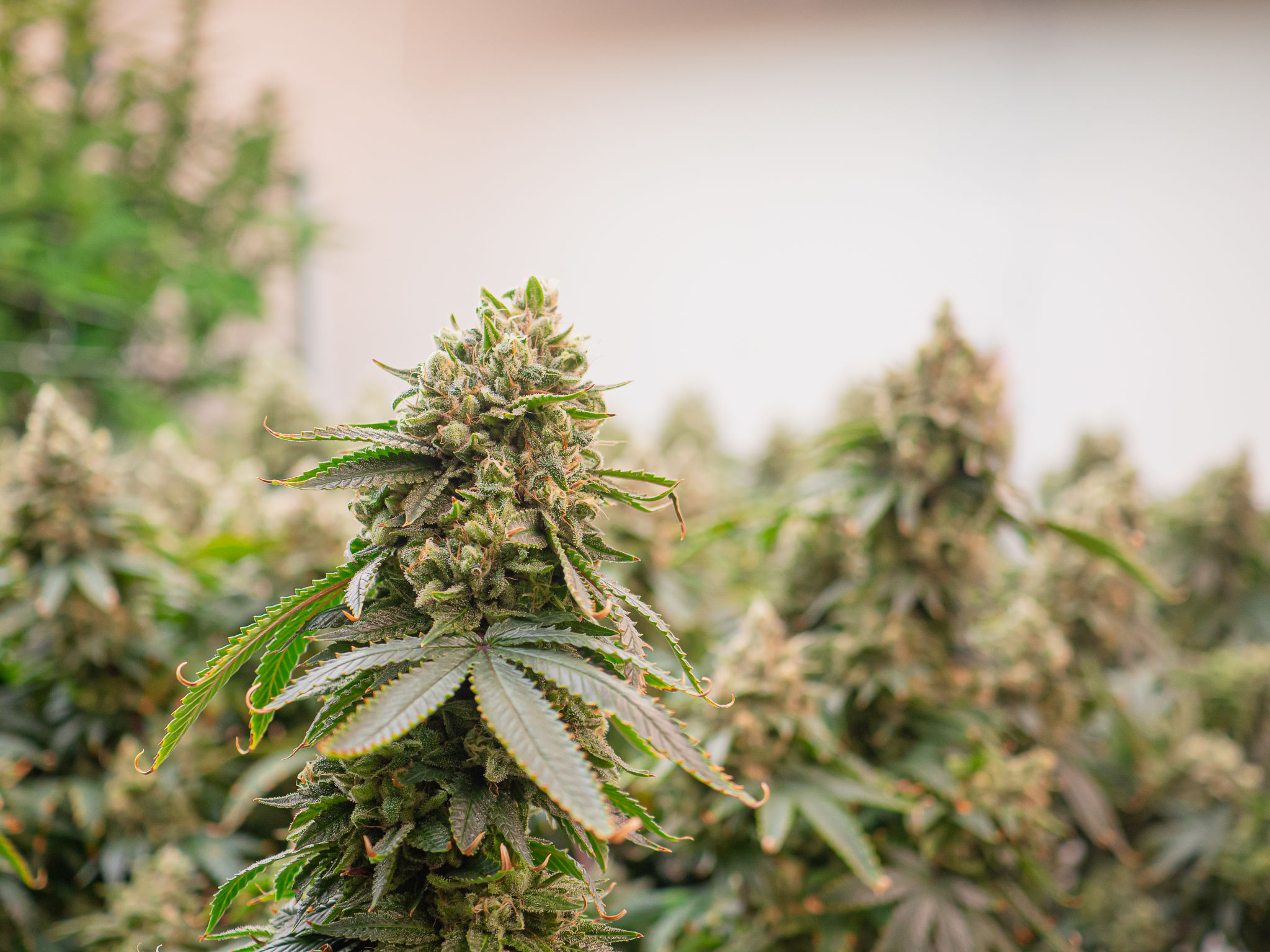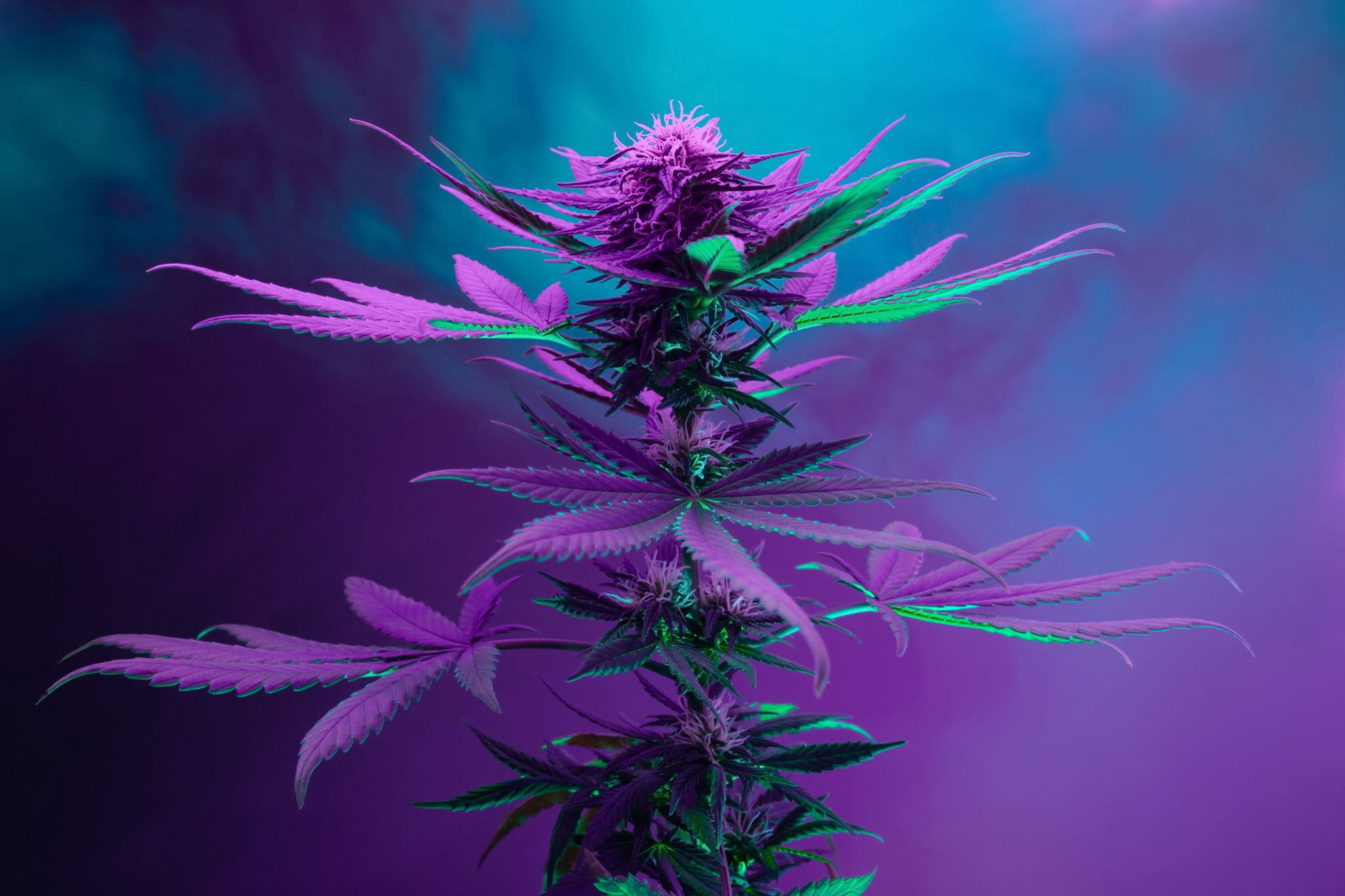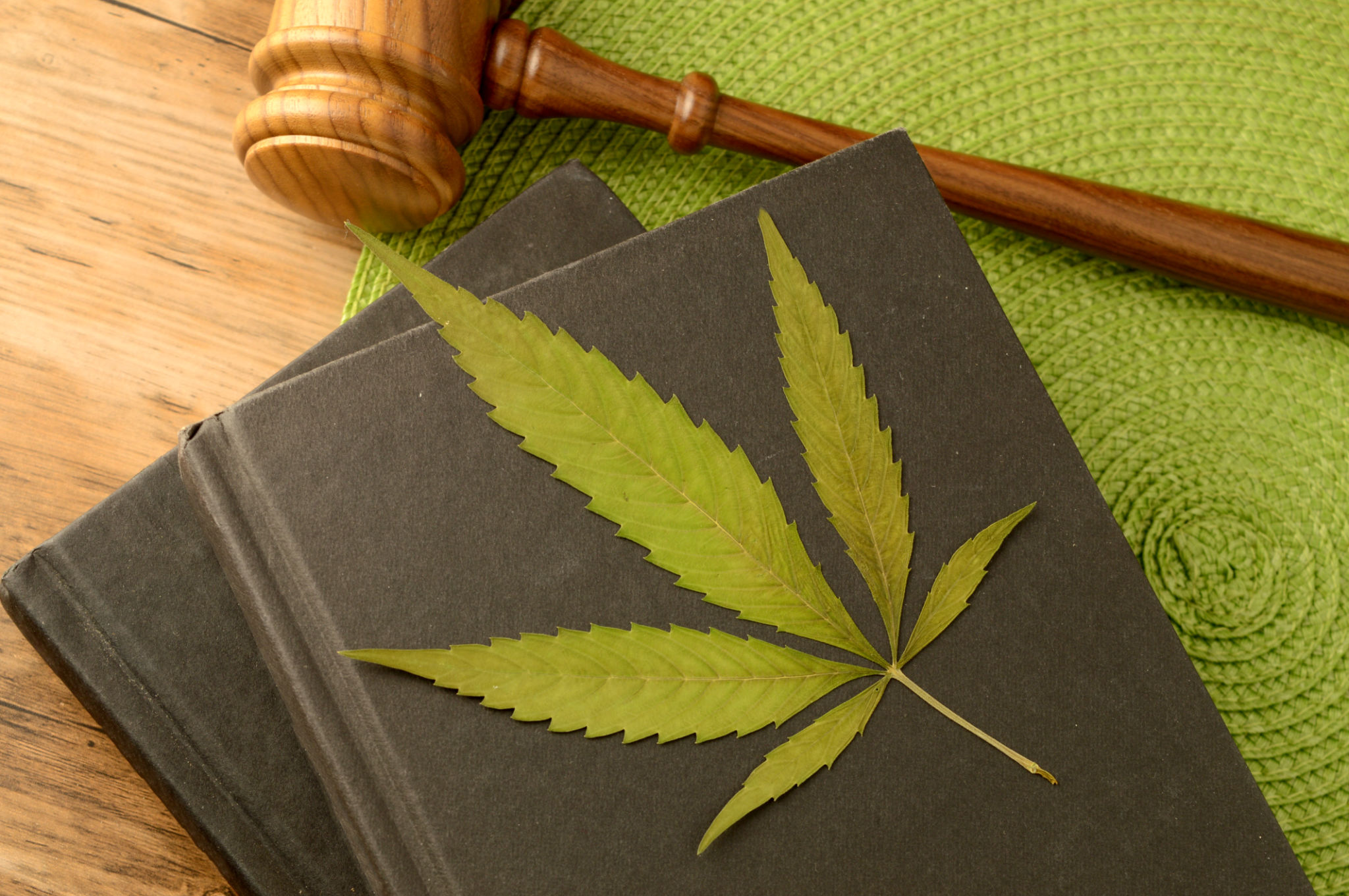Myths and Facts: Debunking Common Misconceptions About Cannabis
Introduction to Cannabis Myths
With the increasing legalization and acceptance of cannabis across many regions, it's essential to separate fact from fiction. Despite its growing popularity, numerous misconceptions about cannabis continue to circulate. This blog post aims to debunk some of these common myths and provide a clearer understanding of cannabis and its effects.

Myth: Cannabis Is a Gateway Drug
One of the most pervasive myths about cannabis is that it acts as a "gateway drug," leading users to experiment with more dangerous substances. However, research has shown that this theory is largely unfounded. Most cannabis users do not progress to using harder drugs. Instead, factors such as environment, social circles, and individual psychology play a more significant role in determining drug use patterns.
Fact: Cannabis Has Medicinal Benefits
It's a fact that cannabis has been used medicinally for centuries. Today, scientific research supports its effectiveness in treating a variety of conditions. Cannabis has been shown to help alleviate chronic pain, reduce inflammation, and improve symptoms of anxiety and depression. Moreover, it can be beneficial for patients undergoing chemotherapy by reducing nausea and stimulating appetite.

Myth: Cannabis Is Addictive
Another common misconception is that cannabis is highly addictive. While it's true that some people develop a dependency on cannabis, it is significantly less addictive than substances like nicotine or opioids. According to studies, approximately 9% of cannabis users may develop some form of dependency, compared to about 32% for tobacco users.
Fact: Different Strains Have Different Effects
Cannabis is not a one-size-fits-all substance; different strains produce varying effects due to their unique compositions of cannabinoids and terpenes. Some strains are higher in THC, the compound responsible for the psychoactive effects, while others contain more CBD, which is non-psychoactive and often used for therapeutic purposes. Understanding these differences can help users choose the right strain for their needs.

Myth: All Cannabis Use Leads to Impairment
While THC-rich strains can cause psychoactive effects, not all cannabis use results in impairment. CBD-dominant products have gained popularity for their therapeutic benefits without causing the "high" associated with THC. These products are often used by individuals seeking relief from pain, anxiety, or insomnia without the psychoactive side effects.
Fact: Legalization Does Not Increase Teen Use
Concerns about increased cannabis use among teens often accompany legalization debates. However, studies from states where cannabis is legal have shown no significant increase in teen usage rates. In fact, regulation may reduce access for minors as legal markets impose strict age restrictions and monitoring.

Conclusion: Educating for a Better Understanding
Dispelling myths and spreading factual information about cannabis is crucial as it becomes more widely accepted and used. By understanding the truths behind these misconceptions, individuals can make informed decisions and engage in more productive conversations about cannabis and its role in society.